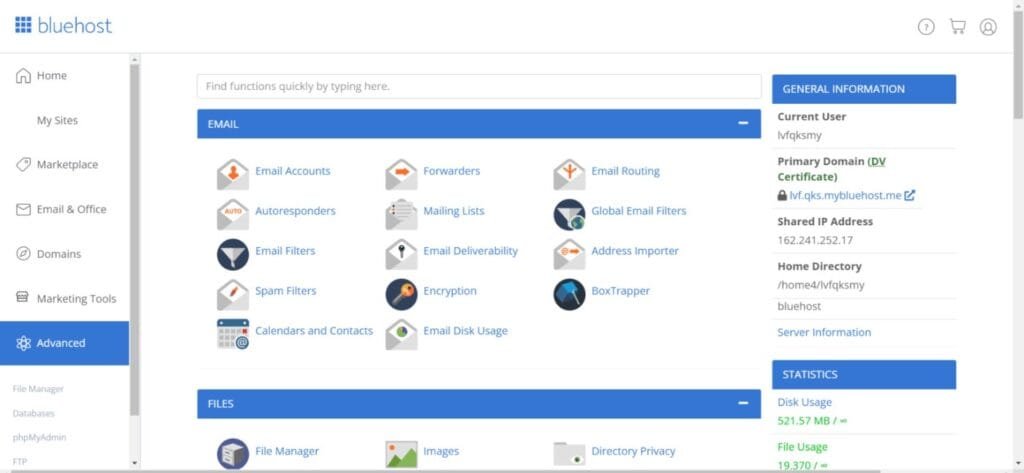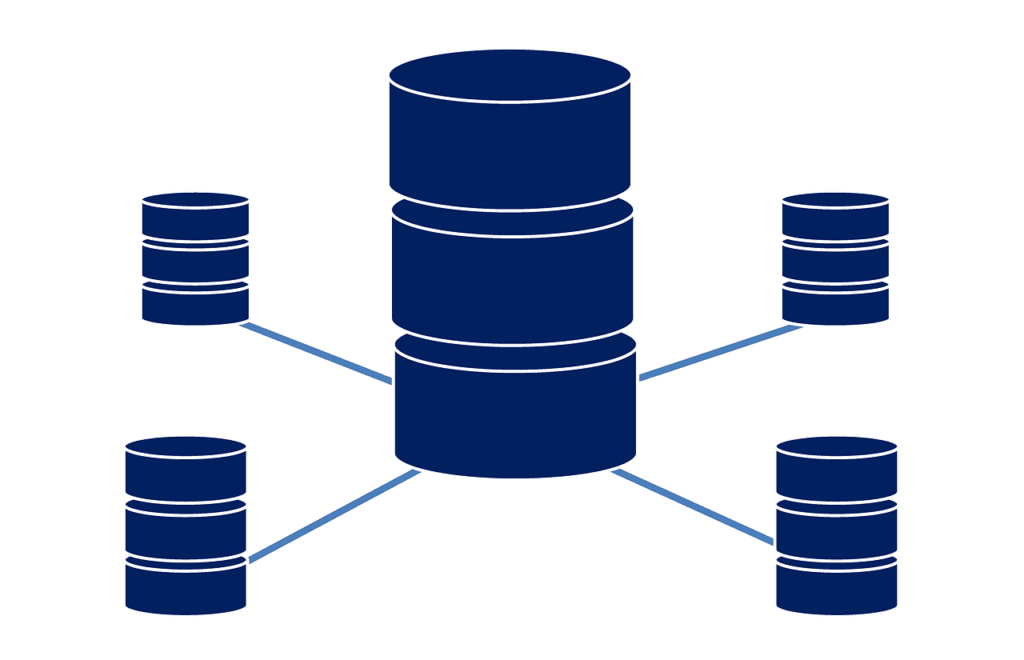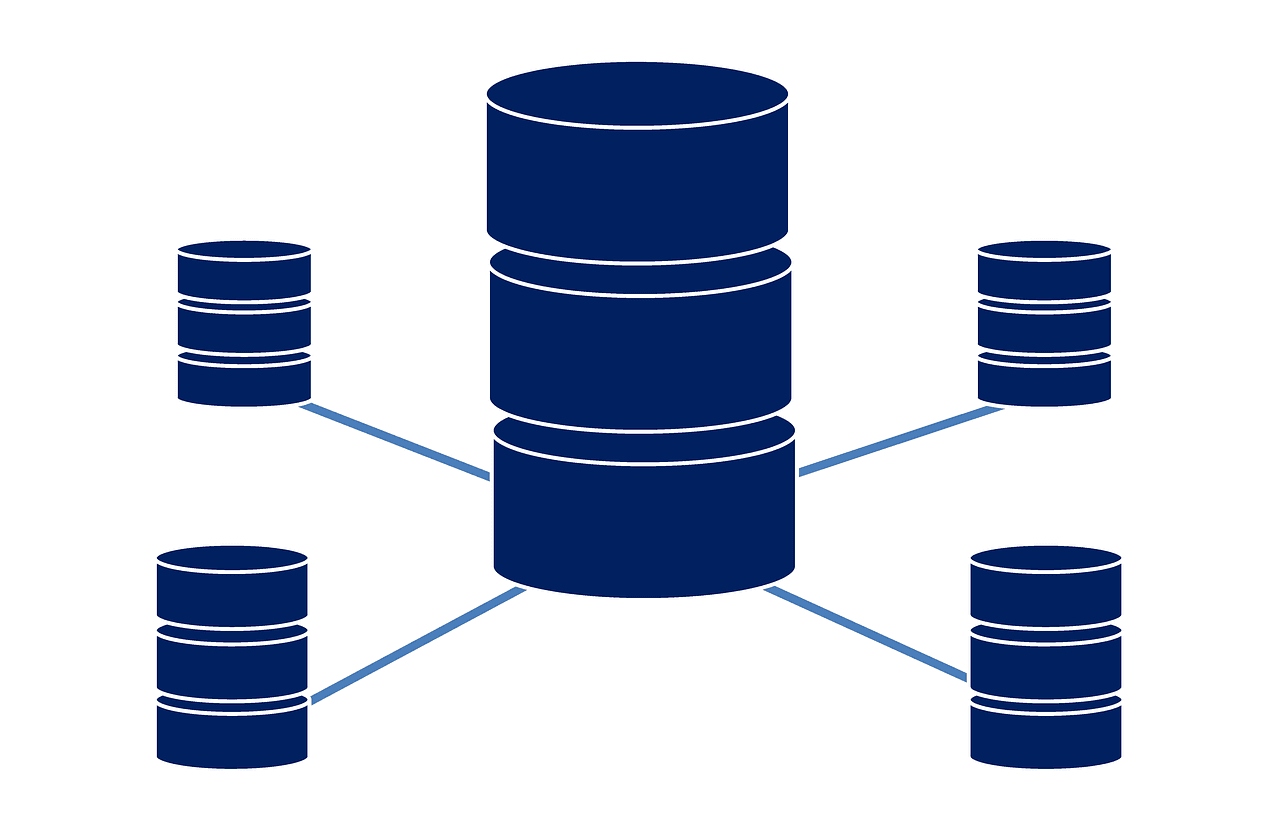Have you ever found yourself torn between choosing the right web hosting provider? With so many options out there, making a choice can feel a bit overwhelming. Today, we’ll be talking about two of the most well-known names in the web hosting world: Bluehost and GoDaddy. Each brings its unique set of features and benefits to the table, and by the end of this overview, you’ll have a clearer idea of which might be the best fit for your particular needs.

Overview of Bluehost and GoDaddy
Both Bluehost and GoDaddy have earned their stripes as leading web hosting providers, yet they cater to different types of users. Bluehost is often the go-to for those deeply entrenched in the WordPress ecosystem, thanks to its optimized performance and flawless integration. On the other side, GoDaddy excels as an all-in-one platform, especially popular with beginners and small businesses seeking a one-stop solution for domain registration, hosting, and marketing tools. Understanding your primary needs is crucial to making the right choice.
Target Users
Who Should Consider Bluehost?
If you’re someone who values seamless WordPress integration and prioritizes performance, Bluehost might be your best bet. It’s particularly well-suited for users who foresee the need for scalability as it provides the groundwork for both small and substantial growth. Novices, don’t fret; Bluehost offers a highly intuitive interface, making it a fantastic option for those who are still finding their footing in the online world.
What About GoDaddy?
GoDaddy, with its all-in-one platform approach, is perfectly tailored for those who value convenience and comprehensive management tools. It’s an ideal option for small businesses and individuals starting, who relish the idea of having all domain registration, hosting, and marketing tools within arm’s reach. The robust domain management that GoDaddy offers can be a significant advantage if your online presence revolves heavily around multiple domains.
Pricing Comparison
Money matters. Understanding how each service provider structures its pricing can guide your decision in a significant way.
| Plan Feature | Bluehost | GoDaddy |
|---|---|---|
| Starting Price | $2.95/month | $5.99/month |
| Renewal Rates | Higher than initial rates | Generally higher than Bluehost |
| SSL Certificate | Free | Free on higher-tier plans only |
| Backups | Limited on lower-tier plans | Daily backups available |
Let’s Talk About Bluehost Pricing
Bluehost often lures users with its competitive starting price of $2.95/month. However, be prepared for higher renewal rates once your initial plan ends. This is a common practice in the industry, but it’s worth keeping in mind as you budget for the long haul. It does include a free SSL certificate, a neat bonus, but note that only limited backups are available on the more basic plans.
How Does GoDaddy’s Pricing Stack Up?
At $5.99/month, GoDaddy’s starting price is notably higher than Bluehost’s. While it does offer a free domain, it’s crucial to recognize that free SSL certificates are only offered on higher-tier plans. This distinction might sway your decision if online security is a top priority. Additionally, GoDaddy does tend to have generally higher pricing than its counterpart, which might be a consideration depending on your budget constraints.
Features of Each Hosting Provider
Both Bluehost and GoDaddy offer a suite of features designed to enhance your hosting experience.
What Does Bluehost Bring to the Table?
Bluehost is well-known for its exceptional WordPress optimization, offering fast load times that can make all the difference in today’s speed-oriented web world. It provides a range of hosting plans from the basic to the more advanced, catering to a diverse array of user needs. However, customization options are somewhat limited, and you should be aware of those higher renewal costs when planning your budget.
The GoDaddy Feature List
In contrast, GoDaddy shines with a comprehensive offering of domain registration, web hosting, website building, and marketing tools. It’s particularly distinguished by its robust domain management tools and daily backups, though it tends to be less optimized for WordPress performance compared to Bluehost.

Pros and Cons
No service is without its trade-offs, and understanding these can help align your expectations with each hosting provider’s strengths and weaknesses.
| Aspect | Bluehost | GoDaddy |
|---|---|---|
| Pros | WordPress optimization, reliable performance, beginner-friendly | All-in-one platform, user-friendly, robust domain management, 24/7 support |
| Cons | Higher renewal prices, limited customization, basic backups on lower plans | Higher starting prices, SSL not free on basic plans, inconsistent speed |
Assessing Bluehost’s Pros and Cons
For WordPress users, Bluehost is a dream come true with its remarkable optimization and outstanding performance reliability. Its beginner-friendly nature is a blessing for those starting. Conversely, renewal prices can climb higher, there’s limited room for customization, and basic backups leave much to be desired on lower-tier plans.
Weighing Up GoDaddy’s Strengths and Limitations
GoDaddy’s all-in-one platform offers a seamless user experience and boasts robust domain management, appealing significantly to business owners. Additionally, its 24/7 support can provide peace of mind. However, it does come with a higher initial price tag, lacks free SSL on basic plans, and sometimes struggles with speed consistency.
Recommended Usage for Each Provider
When to Opt for Bluehost
If your website relies heavily on WordPress, is content-driven, and performance is a critical factor, Bluehost is likely to serve your needs exceptionally well. Its infrastructure is tailored to enhance your WordPress experience, offering seamless performance enhancements.
Situations Ideal for GoDaddy
For businesses that require an integrated solution encompassing domain management, hosting, and marketing, GoDaddy is a distinguished choice. The ability to manage everything under one roof simplifies the process for those who might lack extensive technical knowledge.

Performance and Support Insights
Understanding Bluehost Performance and Support
Bluehost generally takes the cake with speed on WordPress sites thanks to server optimization, providing faster load times and an improved user experience. Its performance capabilities might be pivotal if you’re running a content-heavy site that requires quick service delivery.
GoDaddy’s Service and Support Analysis
Conversely, GoDaddy provides diverse support options, including 24/7 live chat and phone support. However, be aware that performance can be inconsistent depending on server load, which might impact your website’s speed at times.
Decision-Making Considerations
Finally, when making your choice between Bluehost and GoDaddy, it’s essential to align your decision with your specific needs and priorities.
Why Choose Bluehost?
Select Bluehost if your primary focus is on WordPress-specific hosting needs and performance enhancement. Its specialized offerings make it a powerhouse for WordPress users looking for swift and efficient service.
When is GoDaddy the Right Choice?
On the flip side, GoDaddy is your go-to if your priorities revolve around robust domain management and access to comprehensive marketing tools within an all-encompassing platform.
In conclusion, both Bluehost and GoDaddy present formidable options for web hosting, each distinguished by its unique features and benefits. Your decision hinges on assessing your individual or business needs, whether that leans more towards being a part of the WordPress community with optimized performance or the convenience and breadth of services that GoDaddy provides. Whatever choice you make, understanding these key aspects ensures you’re well on your path to finding the perfect host for your online endeavors.

